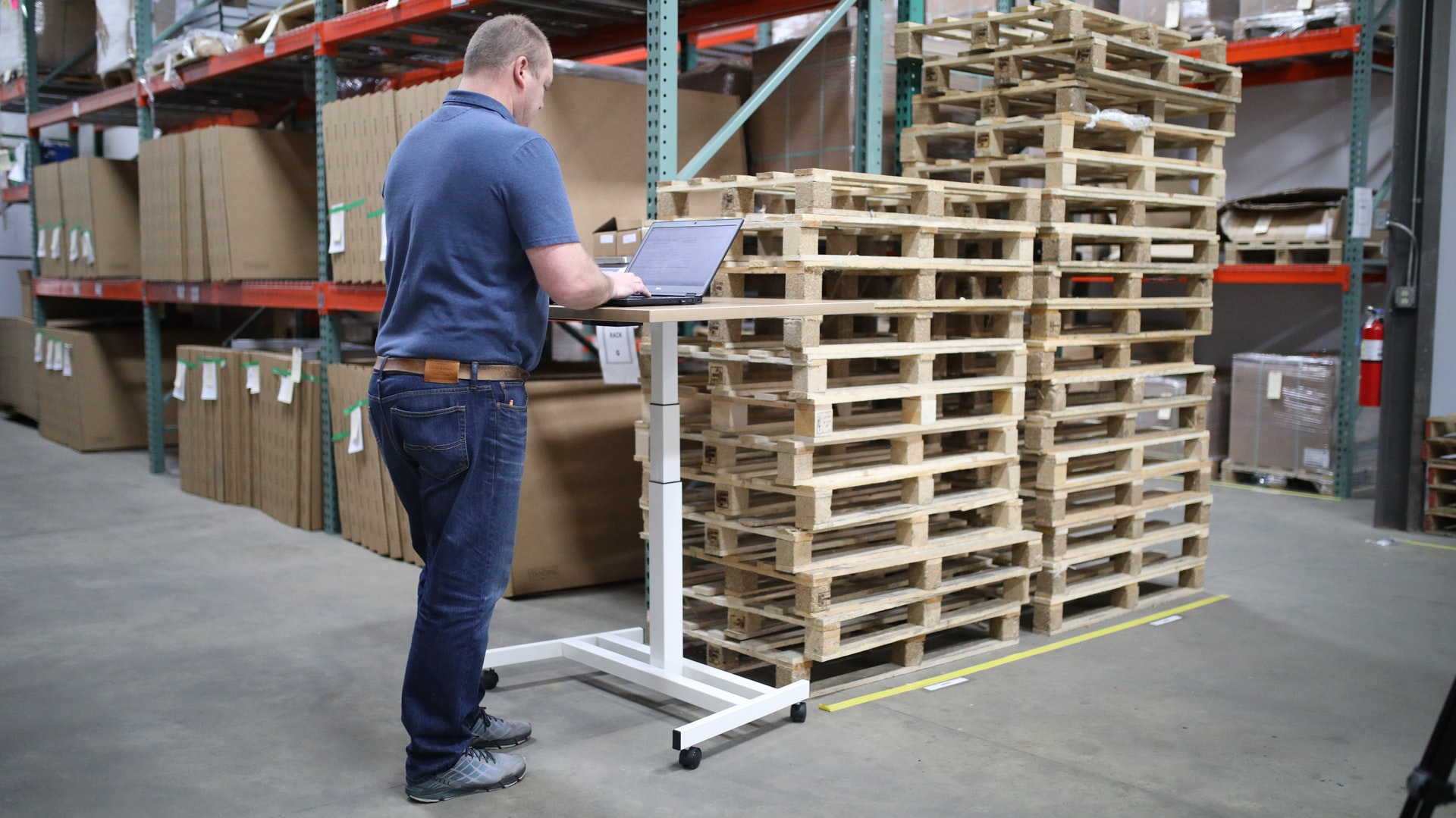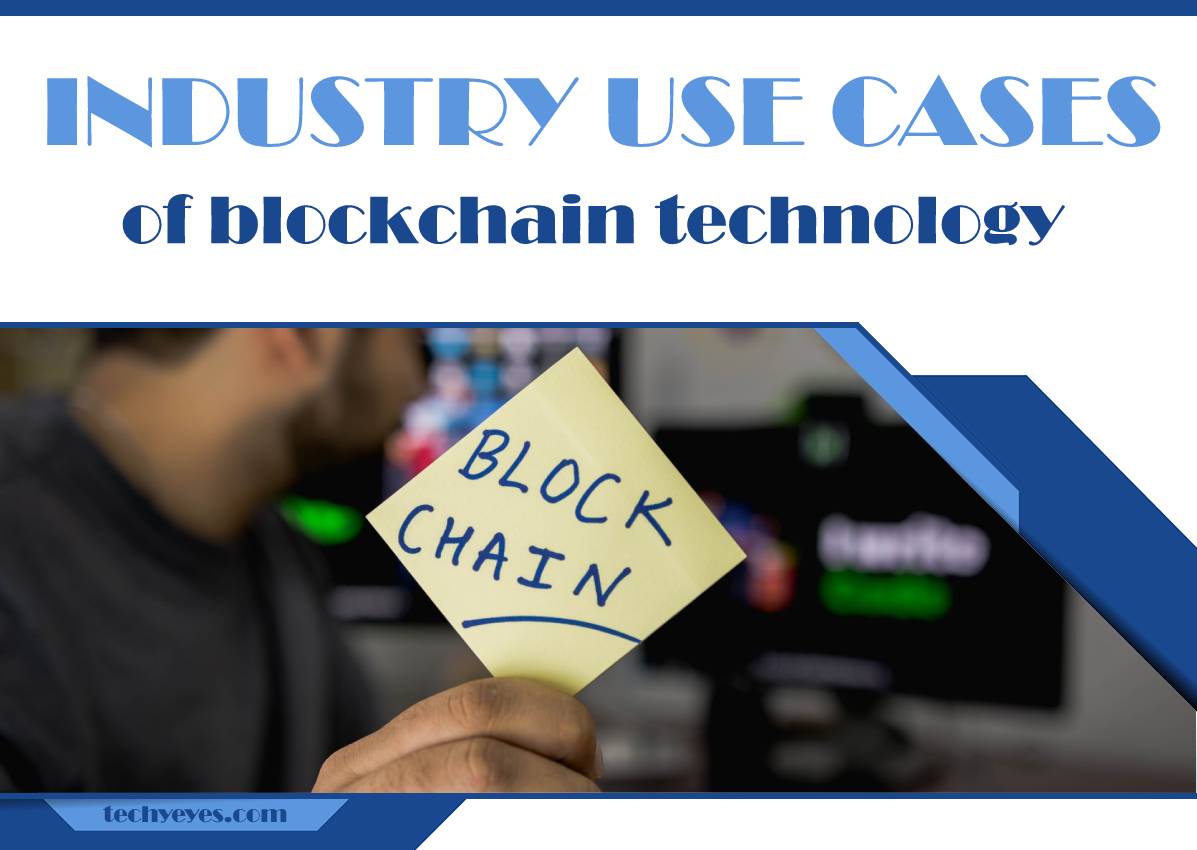Blockchain is known as the revolutionary technology behind cryptocurrencies. However, blockchain uses include enhancing business processes.
Different industries can use blockchain technology to impact ways of doing business significantly. It is why many blockchain advisory firms are racing to help industries develop applications for this technology.
What Is a Blockchain and How Does It Function

To put it simply, blockchain is a digital ledger that records ownership of assets in real-time. During a transaction, all relevant details, including the time, date, amount, and participants, are encrypted into a block and linked together in a chain. There’s no central authority in blockchain transactions, and that’s one of the reasons why bitcoin and other cryptocurrencies are so intriguing.
Information on the blockchain is accessible to every participant, ensuring transparency and reconciliation. An attack on the information would be futile because blockchain runs on a network of computers rather than a single computer. In addition, blockchain doesn’t need a third party to verify your personal information and other details of a transaction. Consider taking a prestigious fintech course to expand your knowledge in subjects such as blockchain and much more. Below are some examples of how blockchain is used in business.
Logistics and Supply Chain Industry

Logistics blockchain carries several advantages by helping businesses track goods as they move through a logistics or supply chain network. Since data is available on a secure public ledger, it makes it easier for partners to communicate and see progress.
Second, because a single party can’t change the information on the blockchain without leaving a permanent record, it provides greater security and data integrity. This level of transparency created a greater sense of trust in the data shared between logistics and supply chain partners.
Insurance Industry
Smart contracts are arguably the most significant way to use blockchain in insurance. Claims can be handled openly and securely through these contracts.
It is possible to record and validate all contracts and claims on the blockchain, eliminating invalid claims because the network would reject multiple claims on the same accident. Blockchain also makes transactions take a shorter time to process than the traditional methods of processing claims.
Agriculture and Food Safety Industries

In conjunction with the supply chain sector, blockchain in agriculture makes it relatively easy for businesses dealing with food products to track the origin and freshness of products. To avoid hefty fines, the food industry always strives to provide the highest-quality products to its customers.
People contact issues like salmonella infections from contaminated food and beverages, which can cause severe poisoning and even death. For that reason, food businesses must adhere to all sanitary regulations and requirements. Manufacturers and retailers can once again benefit from blockchain technology by avoiding problems like these.
With this technology, businesses can track the entire food supply chain starting from the farms and identify contamination cases. It is common for point-of-sale systems to recall products that have been compromised or damaged automatically. Retailers can obtain and resell only food that can be safely consumed in this manner.
This industry could benefit significantly from a blockchain-enabled solution as simple as scanning QR codes on the products themselves. Using blockchain’s scannable barcodes show a product’s complete journey from the factory to the store shelf.
Healthcare Industry

A rise in the use of blockchain in healthcare is on the cards. Using blockchain technology and connected devices, facilities can link medical devices to a patient’s health record as they become more commonplace. Devices will store and add data generated by healthcare blockchains to personal medical records. You can keep your data secure if you set up clear data governance frameworks.
Data silos generated by connected medical devices can be a significant problem, but blockchain could be the link that connects those silos, creating a single source. Healthcare facilities must collect general patient information like age, genders, and possibly primary medical history data like immunization history or vital signs.
Storing this information on the blockchain can ensure that it’s readily available anytime needed. Thanks to blockchain-based healthcare solutions, patients and medical facilities will benefit from better care, better medical research, more secure data management, and better supply tracking.
Conclusion
Blockchain is a technology that’s still in its early stages, but the number of advantages it has already provided in a short time is remarkable.
Blockchain can revolutionize finance, agriculture, insurance, and other industries if implemented correctly. The reliability, security, transparency, and trustless nature of blockchain make it the future technology across all sectors.

